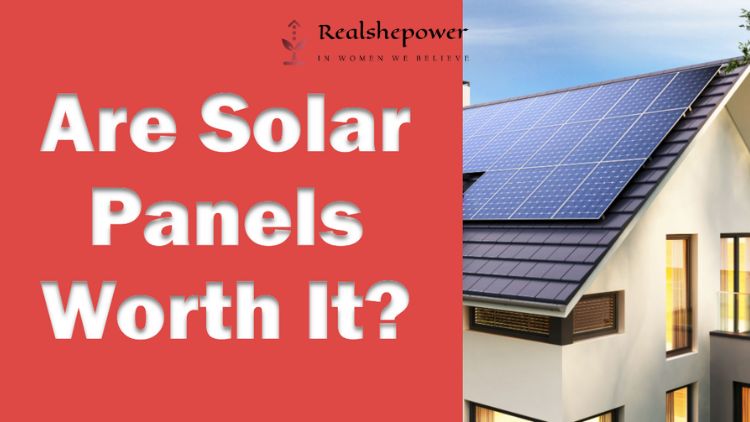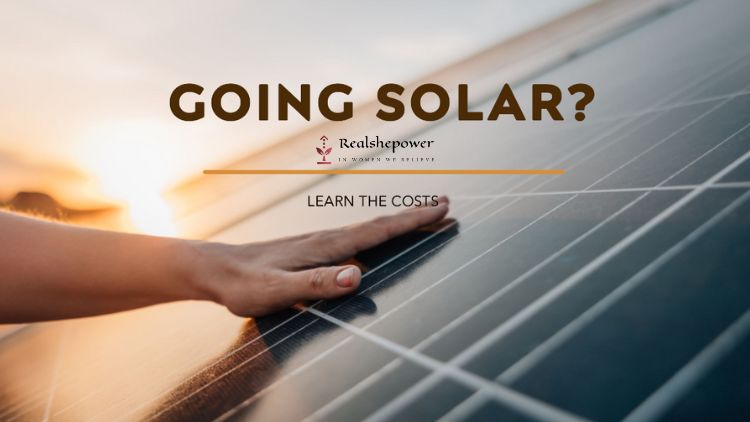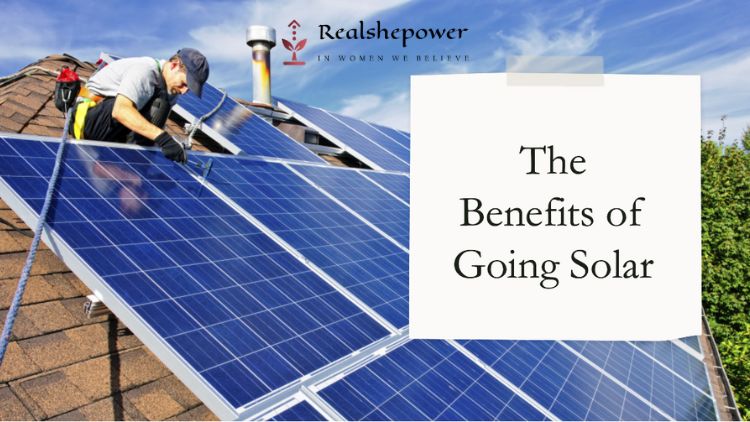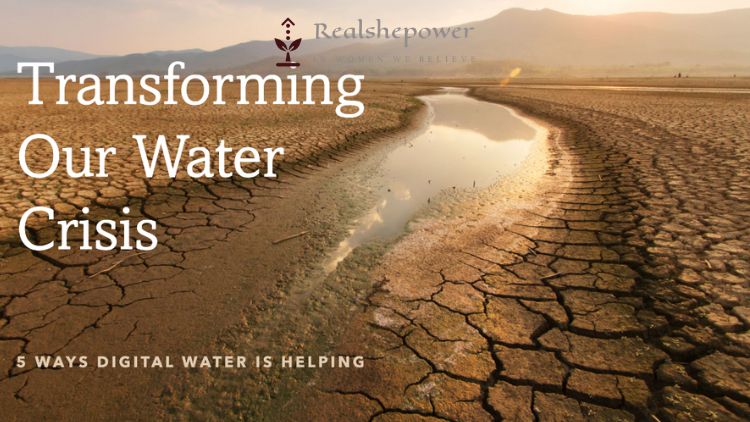Are Solar Panels Worth It? The Truth About Going Solar


Introduction: Are Solar Panels Worth It?
If you’re considering going solar, you’re probably wondering if solar panels are worth it. After all, installing solar panels can be a significant investment, and you want to make sure it’s worth the cost.
The truth is, there’s no one-size-fits-all answer to this question. Whether or not solar panels are worth it depends on a variety of factors, including your energy usage, your location, the cost of electricity in your area, and the incentives and financing options available to you.
In this article, we’ll dive into the details of solar panel costs, benefits, and drawbacks to help you determine whether solar panels are worth it for your specific situation.
Table of Contents
The Costs of Going Solar

One of the biggest factors in determining whether solar panels are worth it is the cost. Let’s take a look at the various costs involved in going solar.
Upfront Costs
The upfront cost of installing solar panels can be significant, with many systems costing between $10,000 and $30,000. However, it’s important to remember that this cost can be offset by incentives, tax credits, and financing options.
Maintenance Costs
Solar panels require very little maintenance, so ongoing maintenance costs are typically minimal. However, it’s a good idea to factor in the cost of occasional cleaning and repairs.
Financing Options
There are a variety of financing options available to help make solar panel installation more affordable. These include:
- Solar loans: Many lenders offer loans specifically for solar panel installation.
- Home equity loans: If you have significant equity in your home, you may be able to use a home equity loan to finance your solar panel installation.
- Power purchase agreements (PPAs): With a PPA, you don’t actually own the solar panels. Instead, you pay a fixed rate for the electricity the panels generate.
Incentives and Tax Credits
There are a variety of incentives and tax credits available to help offset the cost of installing solar panels. These include:
- Federal solar tax credit: This credit allows you to deduct 26% of the cost of your solar panel installation from your federal taxes.
- State and local incentives: Many states and local governments offer incentives for installing solar panels, such as rebates or property tax exemptions.
The Benefits of Going Solar

Now that we’ve covered the costs of going solar, let’s take a look at the benefits.
Lower Electricity Bills
One of the most significant benefits of going solar is lower electricity bills. With solar panels, you can generate your own electricity, which means you’ll need to buy less electricity from your utility company.
Increased Home Value
Solar panels can also increase the value of your home. According to a study by the National Renewable Energy Laboratory, homes with solar panels installed sell for an average of 4% more than homes without solar panels.
Environmental Benefits
Solar panels are a clean, renewable source of energy that produce no greenhouse gas emissions. By going solar, you can reduce your carbon footprint and help combat climate change.
Energy Independence
By generating your own electricity with solar panels, you’ll be less reliant on your utility company. This can be especially beneficial during power outages or other emergencies.
Long-Term Savings
While the upfront cost of installing solar panels can be significant, the long-term savings can be substantial. Over the lifespan of your solar panel system, you could save tens of thousands of dollars on electricity bills.
The Drawbacks of Going Solar

While there are many benefits to going solar, there are also some drawbacks to consider.
Weather Dependence
Solar panels rely on sunlight to generate electricity, which means they may not be as effective on cloudy or rainy days. However, even on cloudy days, solar panels can still generate some electricity.
Upfront Cost
As we mentioned earlier, the upfront cost of installing solar panels can be significant. While incentives and financing options can help offset this cost, it’s still a significant investment.
Maintenance and Repairs
While solar panels require very little maintenance, occasional cleaning and repairs may be necessary. It’s important to factor in these costs when considering the overall cost of going solar.
Installation Challenges
Depending on your home’s location and orientation, installing solar panels can be a challenge. You may need to make structural changes to your roof, or you may need to install additional support for the solar panels.
FAQs About Going Solar

To help you make an informed decision about whether solar panels are worth it, we’ve put together a list of frequently asked questions about going solar.
Q: How much do solar panels save on electricity bills?
A: The amount you can save on your electricity bills with solar panels depends on a variety of factors, including your energy usage, your location, and the cost of electricity in your area. On average, homeowners with solar panels can save hundreds or even thousands of dollars per year on their electricity bills.
Q: How long do solar panels last?
A: Solar panels are designed to last for 25 years or more. However, the actual lifespan of your solar panel system will depend on a variety of factors, including the quality of the panels and the amount of maintenance they receive.
Q: Do I need a lot of sunlight for solar panels to be effective?
A: While solar panels do require sunlight to generate electricity, they can still be effective on cloudy or overcast days. However, the more sunlight your solar panels receive, the more electricity they will generate.
Q: Can I install solar panels myself?
A: While it’s possible to install solar panels yourself, we recommend hiring a professional solar installer to ensure that your system is installed safely and correctly.
Conclusion
So, are solar panels worth it? The answer is, it depends. While there are some costs and drawbacks to consider, the benefits of going solar can be significant, including lower electricity bills, increased home value, and environmental benefits.
Ultimately, the decision to install solar panels will depend on your individual situation, including your energy usage, your location, and the incentives and financing options available to you. We recommend consulting with a professional solar installer to help you determine whether solar panels are worth it for your specific situation.
Neha Sakka Is On A Mission To Empower Youth In Technology

Neha Sakka is a Rajasthan-based electrical engineer. She is deeply committed to empowering youth in technology through free training in universities and colleges. Her expertise is in the field of electric
Women Play An Important Role In Mitigating Climate Change

With natural disasters and extreme weather happening at an increasing frequency, the impact of climate change is no longer an abstract concept. How and what to do about climate change is complex; it
Narinder Singh Kapany: Father of fiber optics

Narinder Singh Kapany was the first to transmit images through fiber optics back in 1954. His invention laid the foundation for high-speed internet technology. He not only founded fiber optics but also used his
You can now write for RSP Magazine and be a part of the community. Share your stories and opinions with us here.








